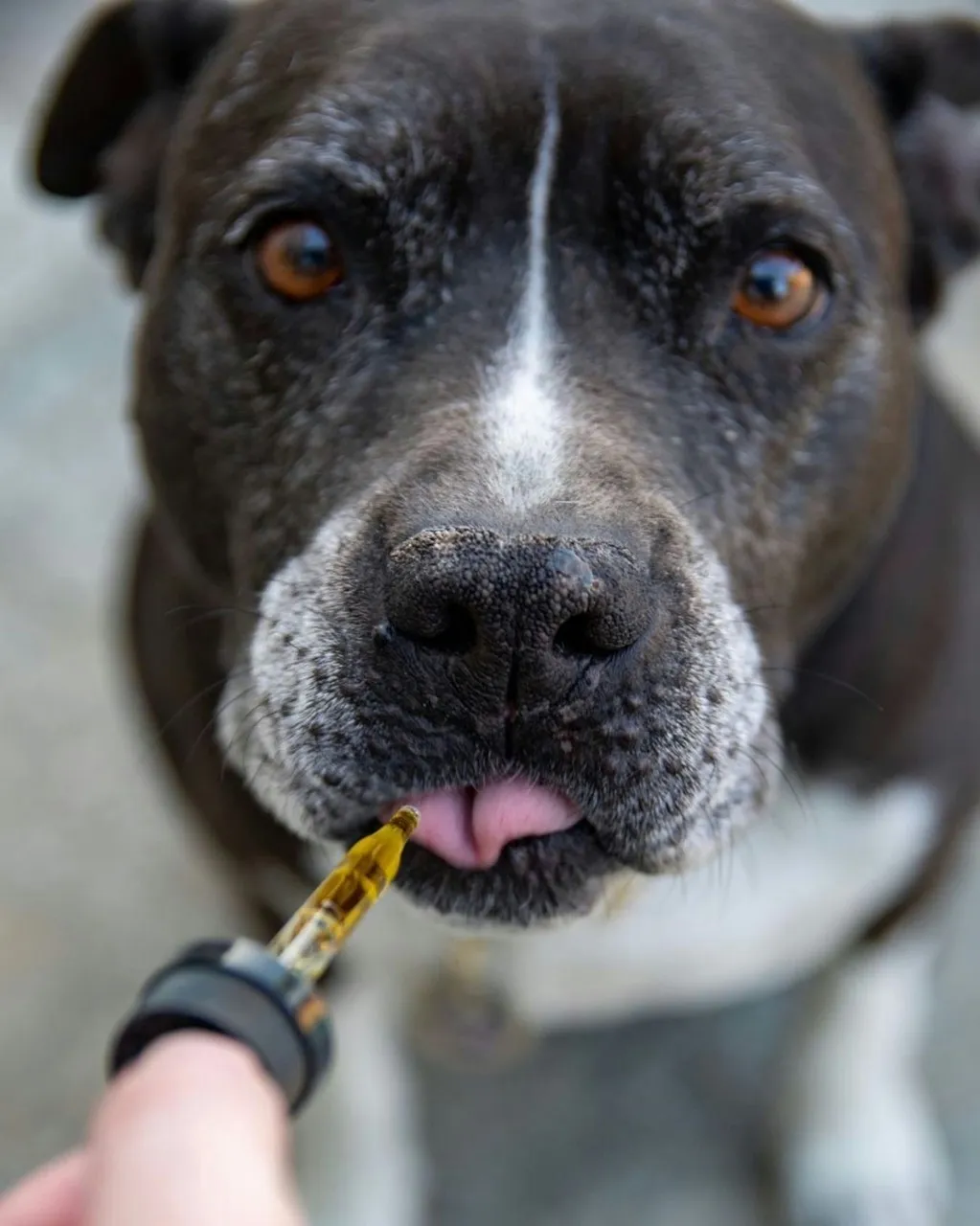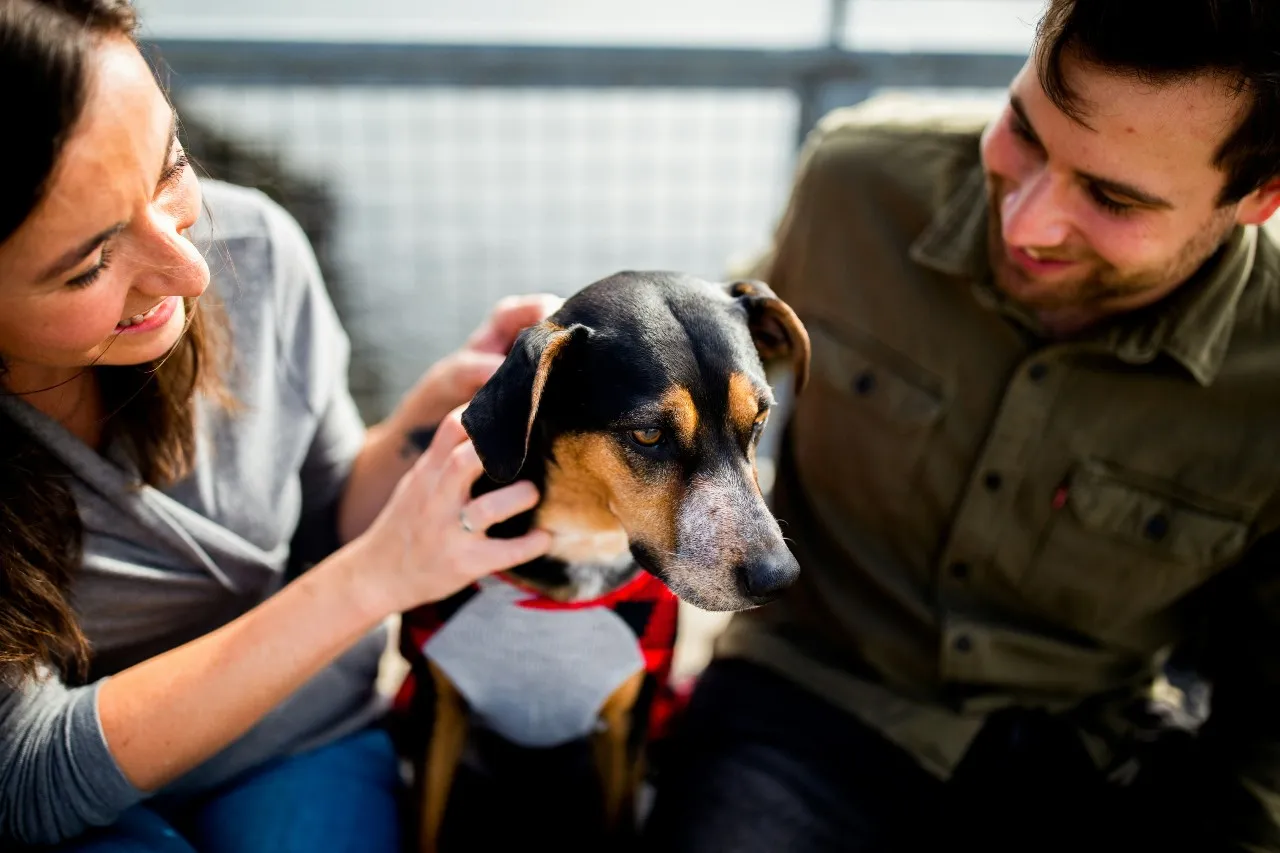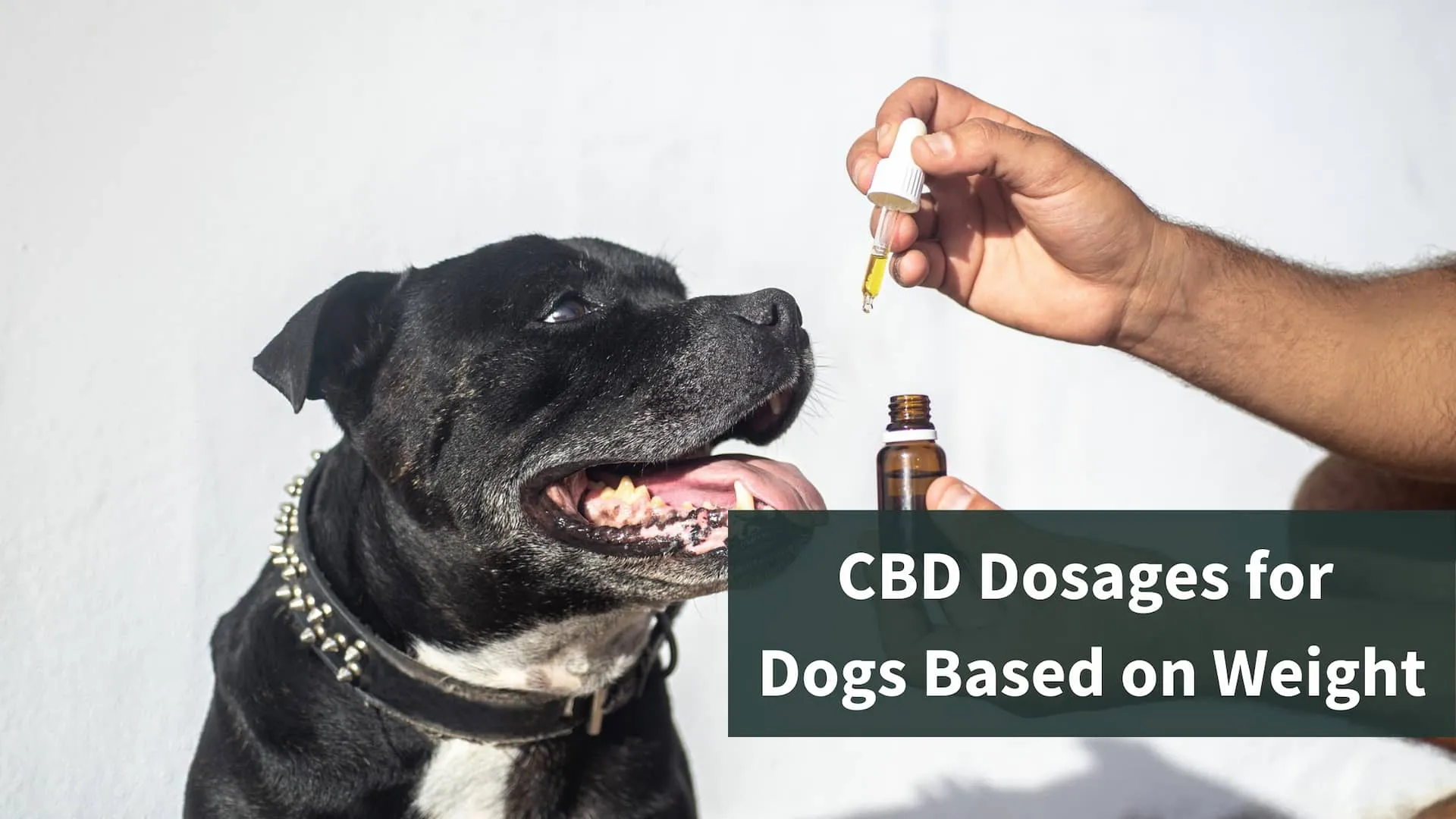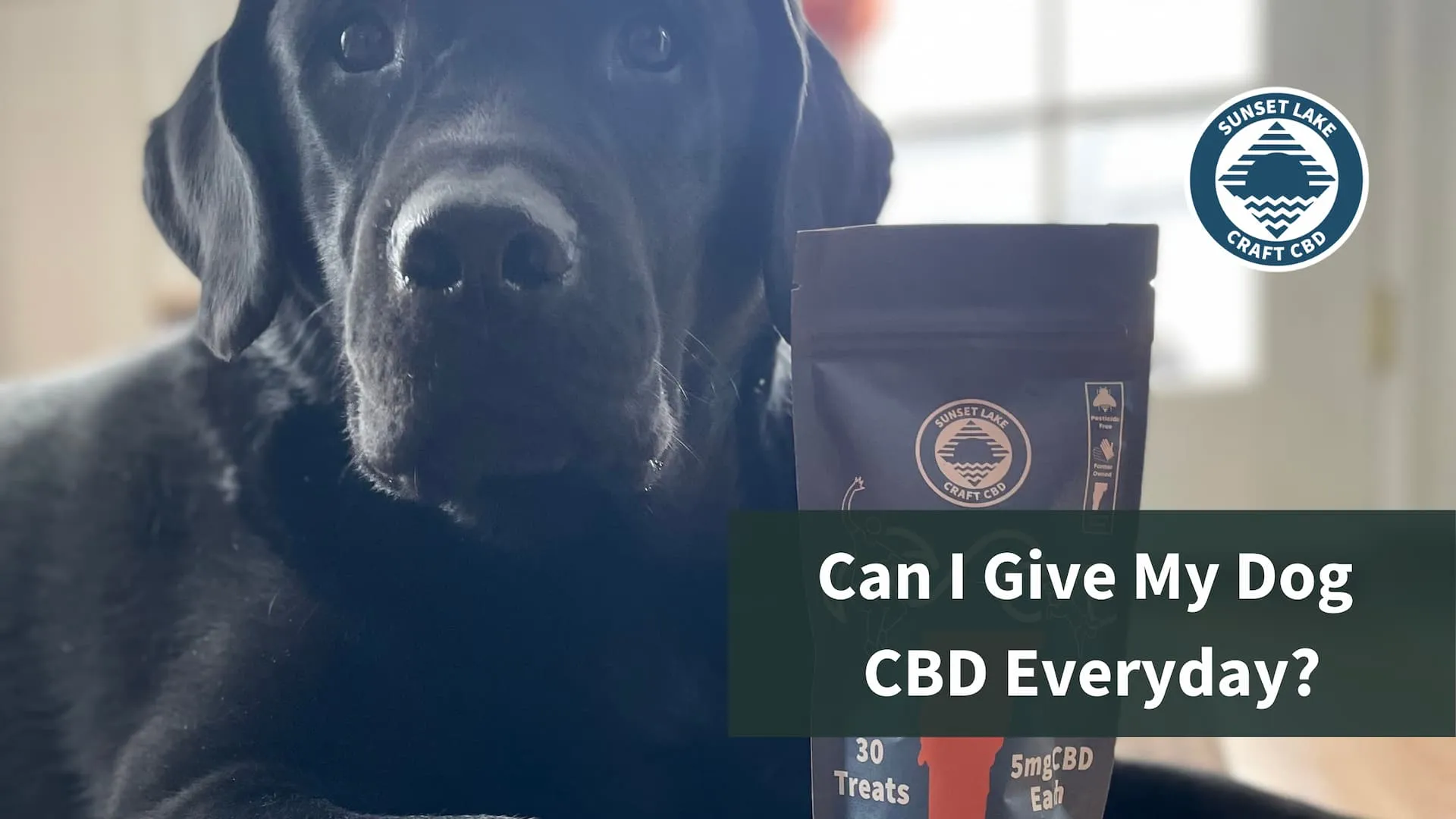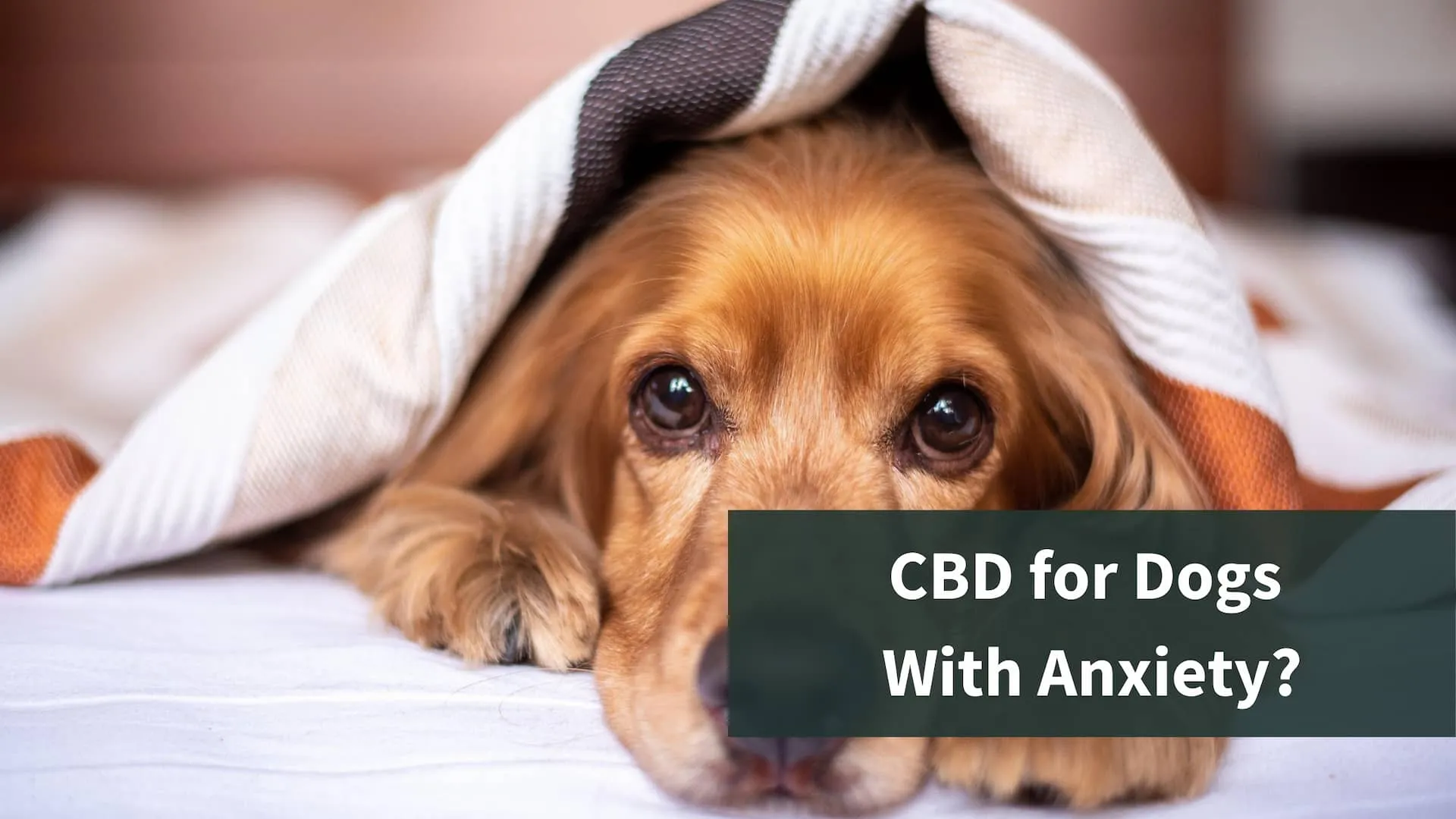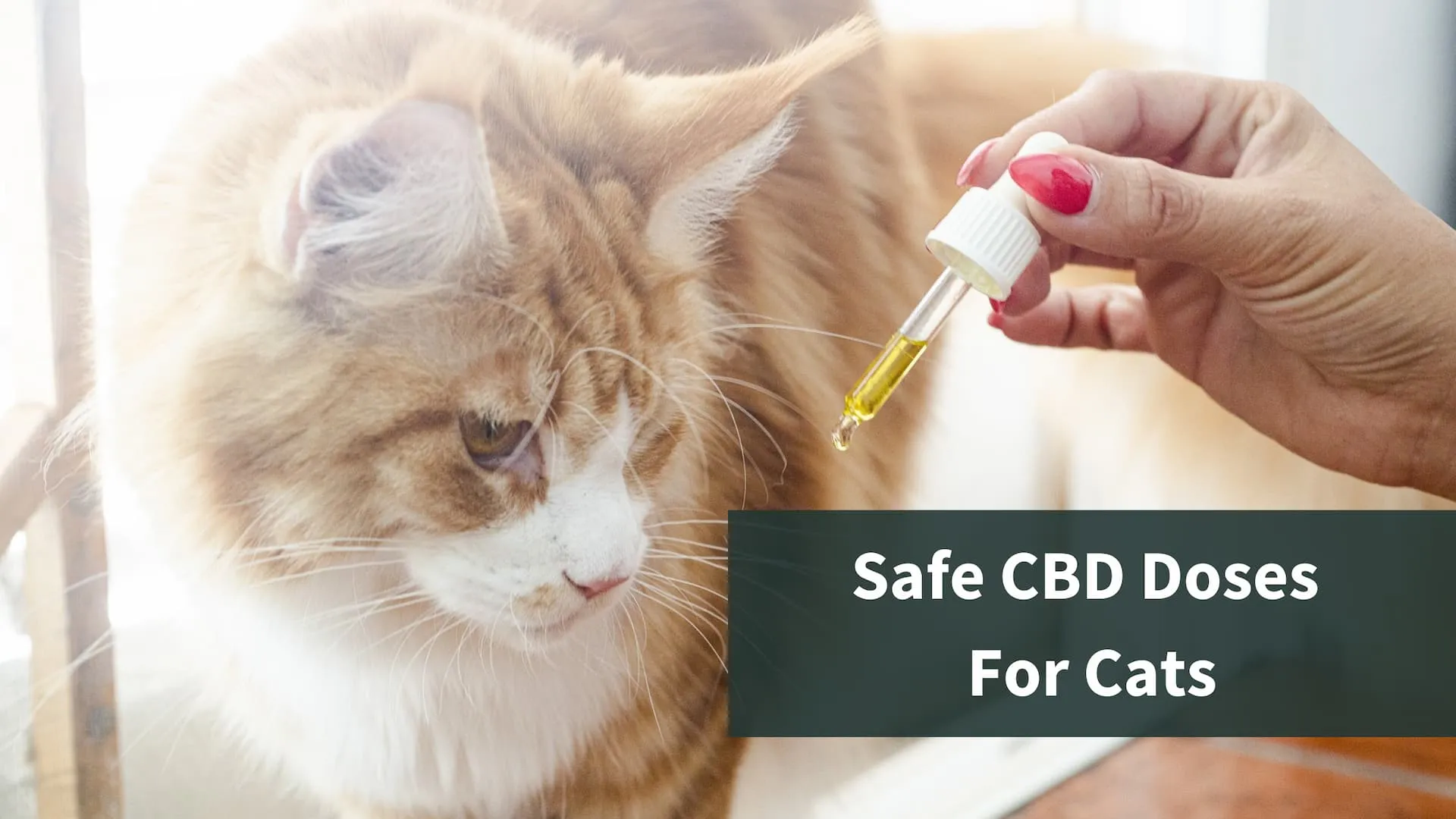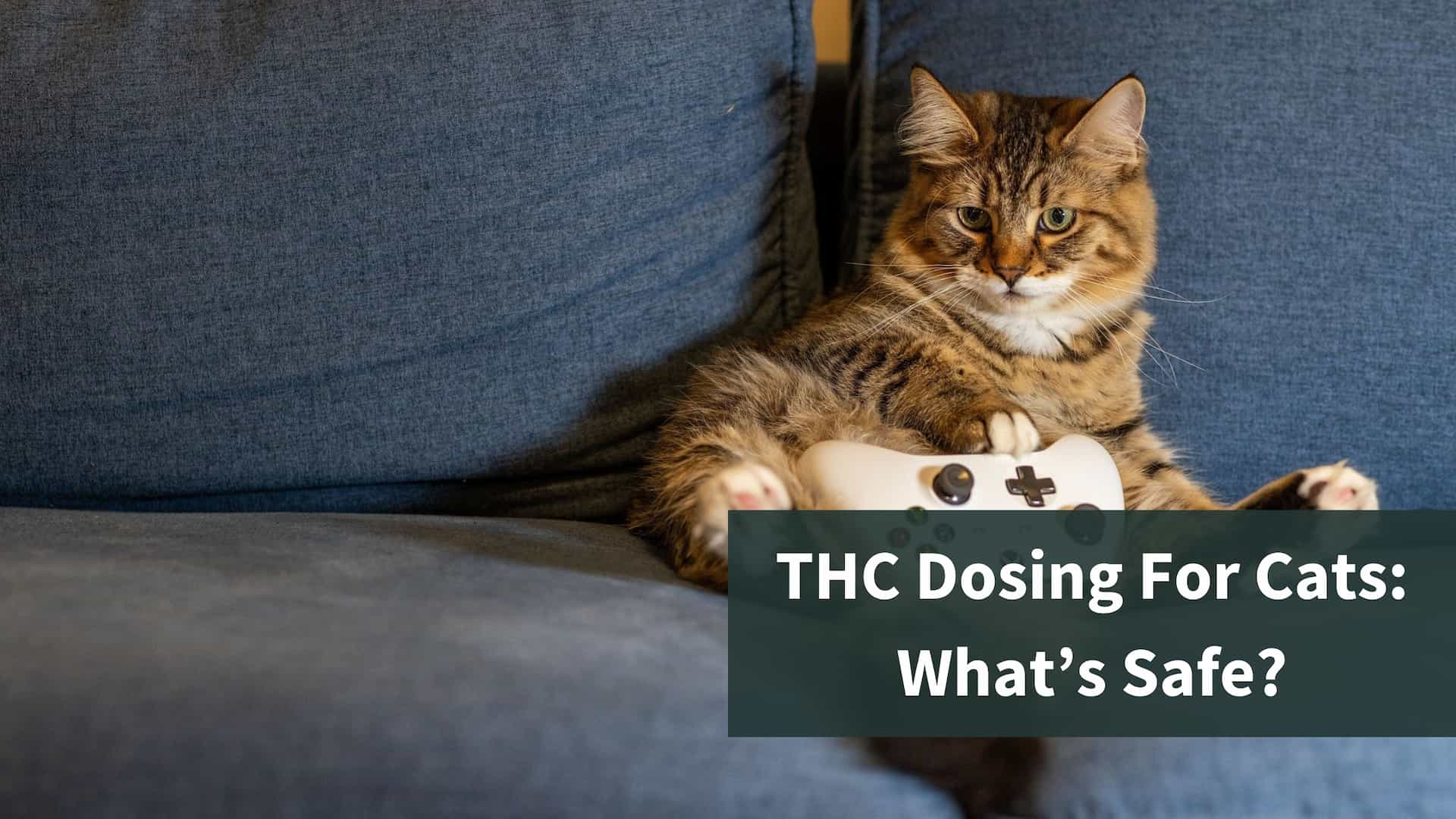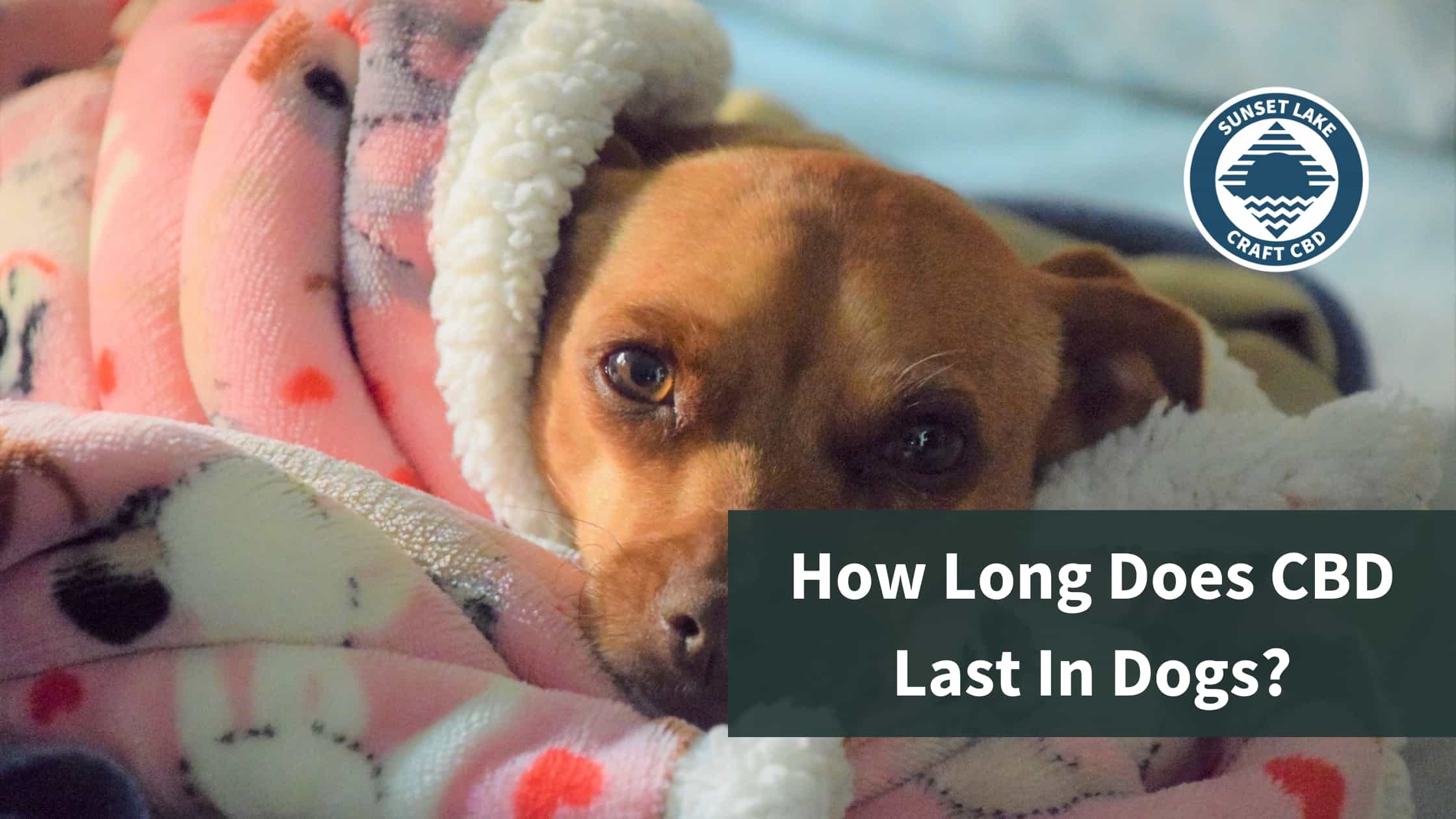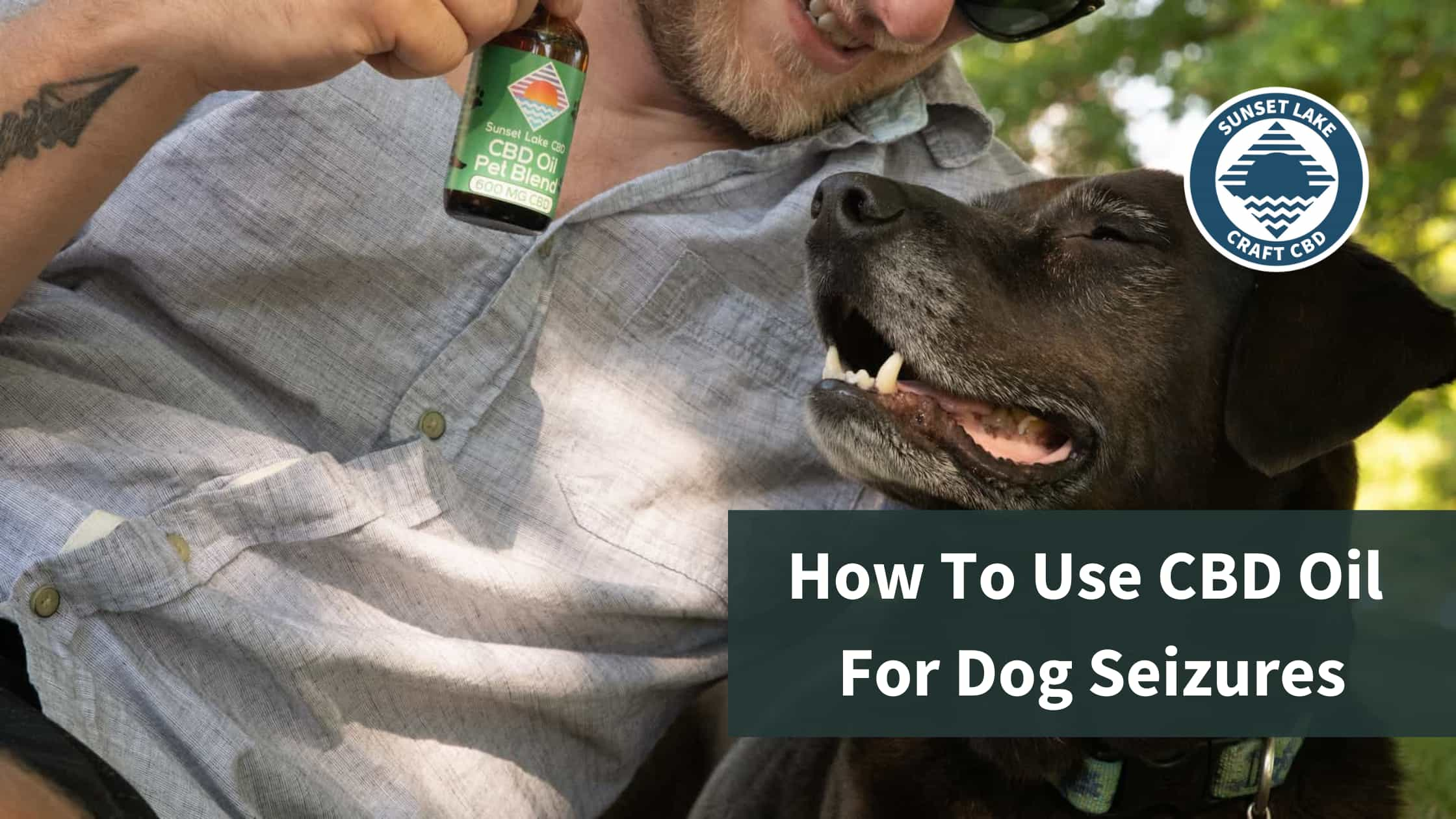No products in the cart.
Walking through the front door after a long day, your guest greets you—only it’s your own dog baring teeth as if you’re a stranger. Yikes! Or perhaps your cat scratches at every nook the moment you slip out for coffee. These all-too-common scenarios stem from behavioral challenges that can strain the human-animal bond. CBD for Pets offers a natural complement to training, grounded in veterinary science and real-life success stories. Drawing on expert advice and our own experiences, this guide explores how CBD can help ease aggression, soothe separation anxiety, and restore peace in your home, letting both you and your pet feel secure, calm, and connected once more.
Understanding and Managing Pet Aggression
Aggression in dogs and cats can be alarming, manifesting as snarling at strangers, lunging during leash walks, or growling during play. Often rooted in fear, resource guarding, or unfinished socialization, these behaviors warrant patience and strategy. First, identify triggers—does your dog snap when someone reaches for its bowl, or does your cat hiss when startled by a noise? Combining positive reinforcement training with natural supplements lays the groundwork for lasting change. Research shows that full-spectrum CBD supports healthy stress-response pathways by enhancing the endocannabinoid system’s stability (Journal of Animal Science, 2021). By calming overstimulated neural circuits, high-quality CBD can complement behavior modification techniques, helping your pet respond with curiosity rather than confrontation. For example, using a measured dose of CBD oil before challenging situations, like meeting new people, can make training sessions more productive and reduce the risk of escalation.
Always consult with your veterinarian before introducing CBD to confirm it suits your pet’s health profile and to rule out interactions with existing medications. When administered consistently, many owners note a gradual reduction in aggressive postures and a smoother integration into social settings such as dog parks or play dates. Consistency is key: pairing CBD with regular training and mental enrichment activities yields the best outcomes.

Calming Separation Anxiety
Leaving the house shouldn’t feel like a betrayal to your best friend, yet many pets experience separation anxiety, leading to destructive chewing, incessant barking, or bathroom accidents. Studies indicate that stressed pets often exhibit elevated cortisol levels when left alone, and traditional behavioral modification can take weeks or months to show results. In this context, CBD can serve as a gentle bridge, offering emotional support during both departures and reunions without causing sedation.
Start by establishing a predictable goodbye ritual—grab your keys, say a calm phrase, then leave for short intervals before gradually extending the time apart. Administer an appropriate dose of CBD Dog Treats or oil tincture about 30 minutes before you go. The tasty texture of treats makes dosage feel like a positive reward, helping your pet associate alone time with something enjoyable. Over several weeks, pet parents report fewer panic-driven behaviors, less pacing or drooling, and more restful periods in their crate or safe space. Combined with environmental enrichment, such as puzzle toys or calming music, CBD can help your companion learn independence and confidence when you’re away.
Remember to monitor your pet’s progress: keep a daily log of behavior changes, note any side effects like drowsiness, and adjust the regimen in consultation with your veterinarian. With patience and consistency, many owners witness a lasting shift from frantic separation panic to serene solitude.
How CBD Works in Your Pet’s Body
At its core, CBD supports the endocannabinoid system (ECS), a biological network present in all mammals that regulates vital functions such as mood, pain perception, and immune response. When your pet ingests CBD, the compound interacts with CB1 and CB2 receptors in the brain and throughout the body, promoting balance in neural communication and stress pathways.
Veterinary studies have demonstrated that pets receiving daily CBD show measurable reductions in cortisol, the primary stress hormone, and display calmer demeanors during potentially triggering scenarios. Unlike THC, CBD does not produce psychoactive effects, ensuring your dog or cat remains alert, curious, and engaged.
For many households, the visible impact of CBD for Pets unfolds over a few weeks: your pet may start with subtle signs of relaxation—less rigid body language, reduced yawning or lip-licking—and gradually exhibit greater tolerance for new experiences. Pairing CBD with consistent training and positive reinforcement maximizes these benefits, allowing your animal companion to rebuild trust and resilience in challenging situations.
Choosing the Right CBD Products and Dosage
Not all CBD products for animals are created equal. Prioritize brands that provide transparent COA (Certificate of Analysis) reports from independent labs, confirming THC levels below 0.3% and absence of harmful contaminants. Full-spectrum CBD contains trace cannabinoids and terpenes that enhance effectiveness through the “entourage effect,” while broad-spectrum products remove THC entirely.
When selecting a form factor, consider your pet’s preferences and ease of administration. CBD for Pets in oil tinctures allows precise dosing—ideal for small or shy animals—whereas soft chews and CBD Dog Treats simplify routine use and double as tasty rewards for training sessions.
Capsules deliver consistent measurements but may require hiding in food. Always follow manufacturer dosing guidelines as a starting point—typically 1–2 mg of CBD per 10 pounds of body weight—and adjust slowly based on your pet’s response.
Consistency is essential. Administer CBD at the same time each day, ideally with a meal to enhance absorption. Track your pet’s behavior and note any improvements or side effects to refine your approach over time.
Dosage Guidelines and Safety Tips
Consistency and caution are key. Administer CBD treats or oils at the same time each day, ideally with food to improve absorption. Consult your veterinarian, especially if your pet takes prescription medications, to avoid potential interactions.
Start with the lowest effective dose—about 1–2 mg of CBD per 10 pounds—and observe your pet’s response over several days. If needed, adjust slowly until you notice calmer behavior without drowsiness.
Conclusion: A Calmer, Happier Pet
Behavioral challenges don’t have to define your pet’s life. With thoughtful training and high-quality CBD for Pets, you can support your companion through aggression triggers and separation anxiety.
Trust the gentle power of CBD—from oil tinctures to treats—for balanced emotions and renewed confidence.
Choose Sunset Lake CBD for trusted, third-party tested products that help your pet thrive.


